Know These Identifying Signs of a Heart Attack
Heart attacks happen when blood can’t flow to the heart properly. They're often caused by a blockage or a buildup of fat and plaque within the arteries. Every year there are about 805,000 people who suffer from a heart attack, according to the CDC. Cardiologists want you to know the signs of a heart attack so you can help yourself or someone you love. Keep reading to learn a few tips on how to identify a heart attack.
Chest Pain
One of the most predominant symptoms of a heart attack is chest pain. For many people, the pain will manifest as a pressure, tightness, or squeezing sensation in the chest. It may even feel like an aching sensation. There are other health problems that can cause this type of discomfort too, so it’s important to understand all the symptoms if you or a loved one starts to experience chest pain.
Spreading Pain
Cardiologists have found that many people who have had a heart attack describe their pain as spreading. This pain often spreads into the shoulder, arms, back, neck, and jaw. It can even cause pain in the teeth or sometimes the stomach. If you notice chest pain followed by or accompanied by pain spreading in this manner, you should seek emergency assistance.
Cold Sweats
As the body fights to get enough blood flow into the heart, a person might also experience cold sweats. This is a distinctive symptom of physical distress. You should not hesitate to seek medical attention if you notice this symptom.
Fatigue and Dizziness
Fatigue and dizziness are also often present during a heart attack. These can also be symptoms of other physical problems. However, if they are accompanied by the previously mentioned symptoms, you should take it very seriously.
Shortness of Breath
You might also notice difficulty breathing. If you are witnessing common signs of a heart attack, and they also have shortness of breath, you should administer CPR and get medical help immediately. The more quickly you act, the more likely you are to save a life.
Heart attack symptoms should be taken very seriously because in many cases the first signs of a heart attack indicate full cardiac arrest. If you're concerned about the health of your heart, connect with cardiologists at the Advanced Heart And Vascular Center of New Mexico. Contact us today to get started with an appointment.
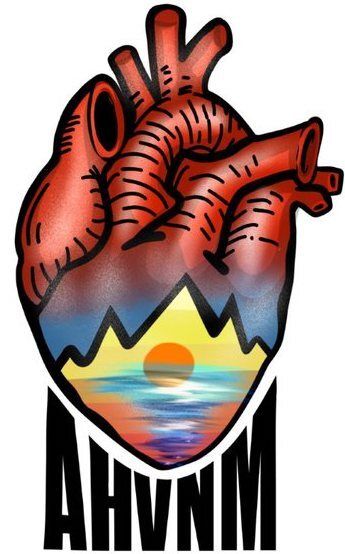


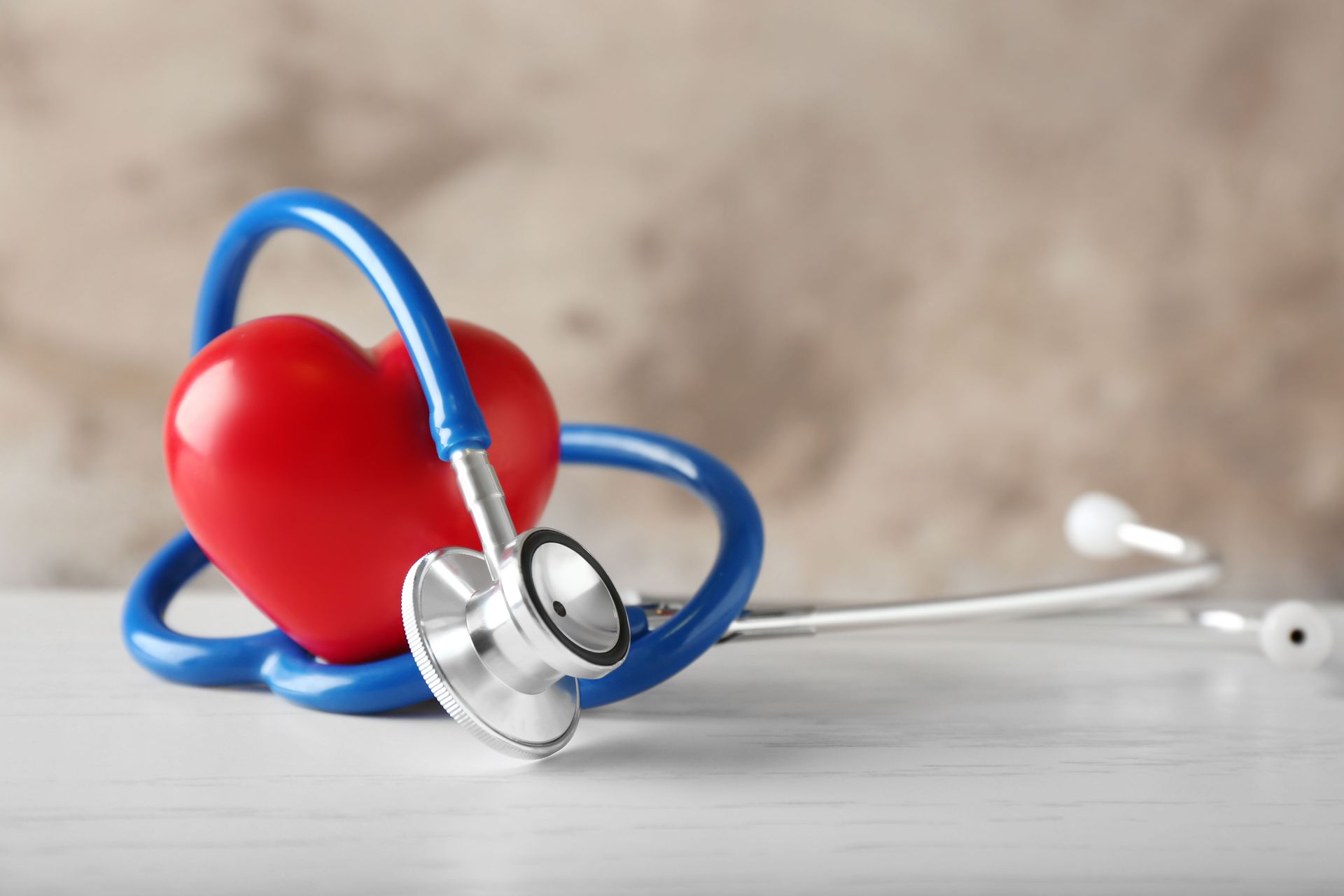
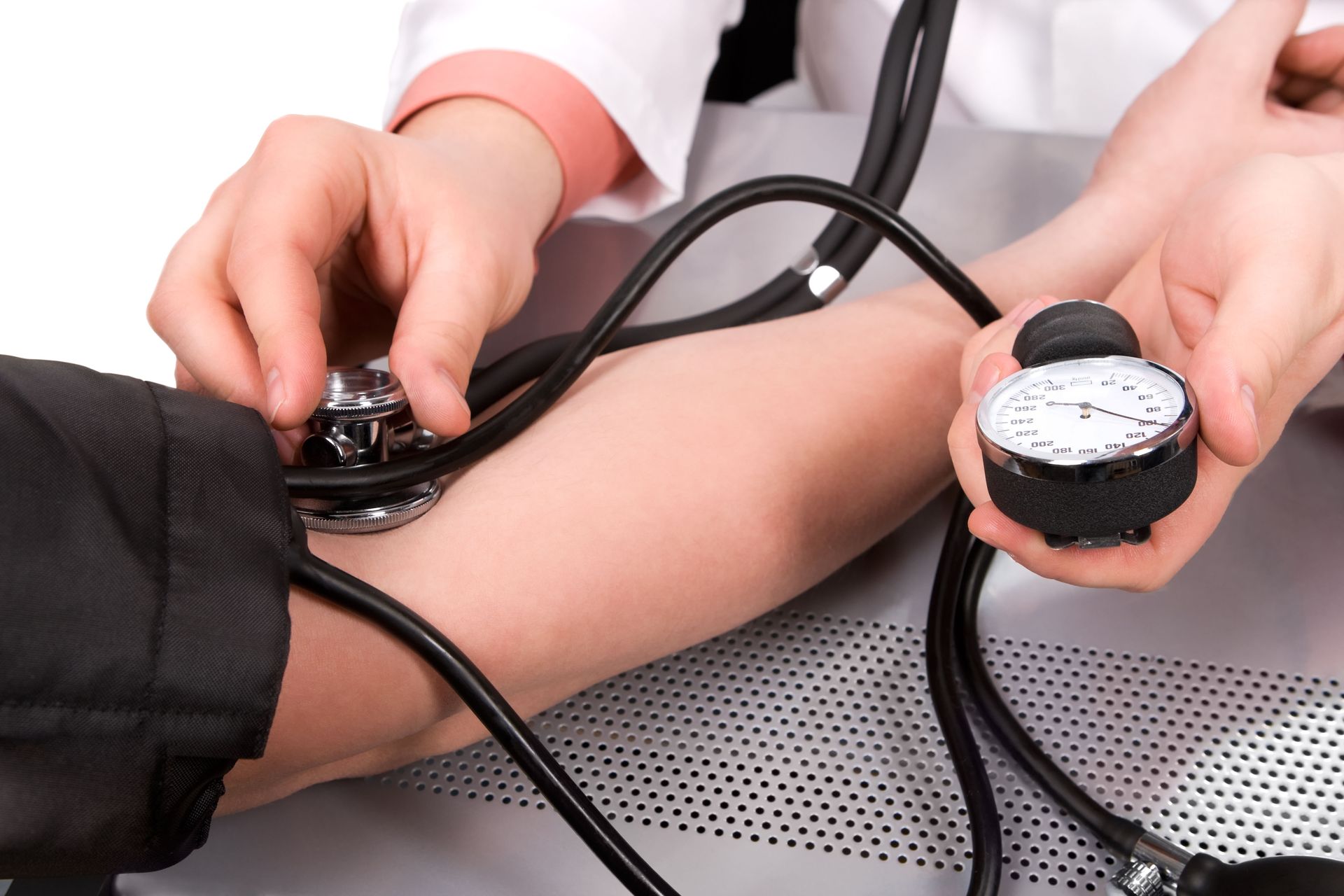
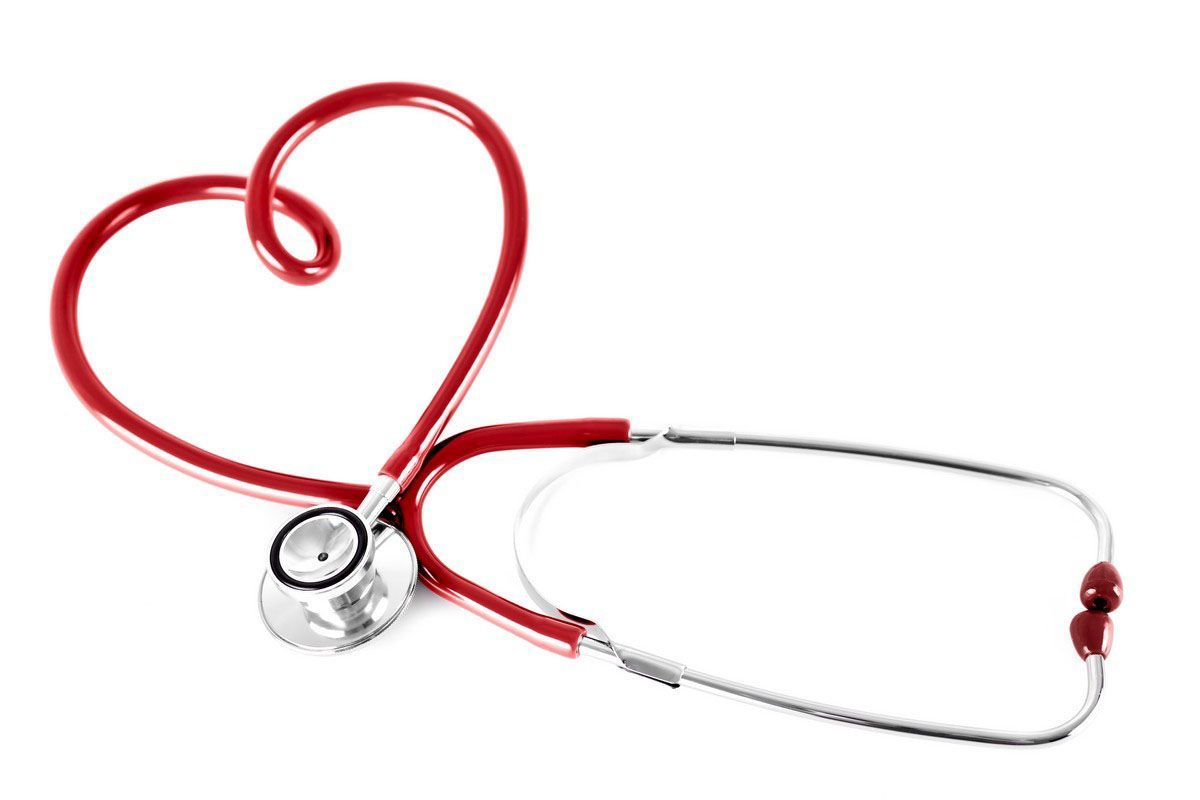



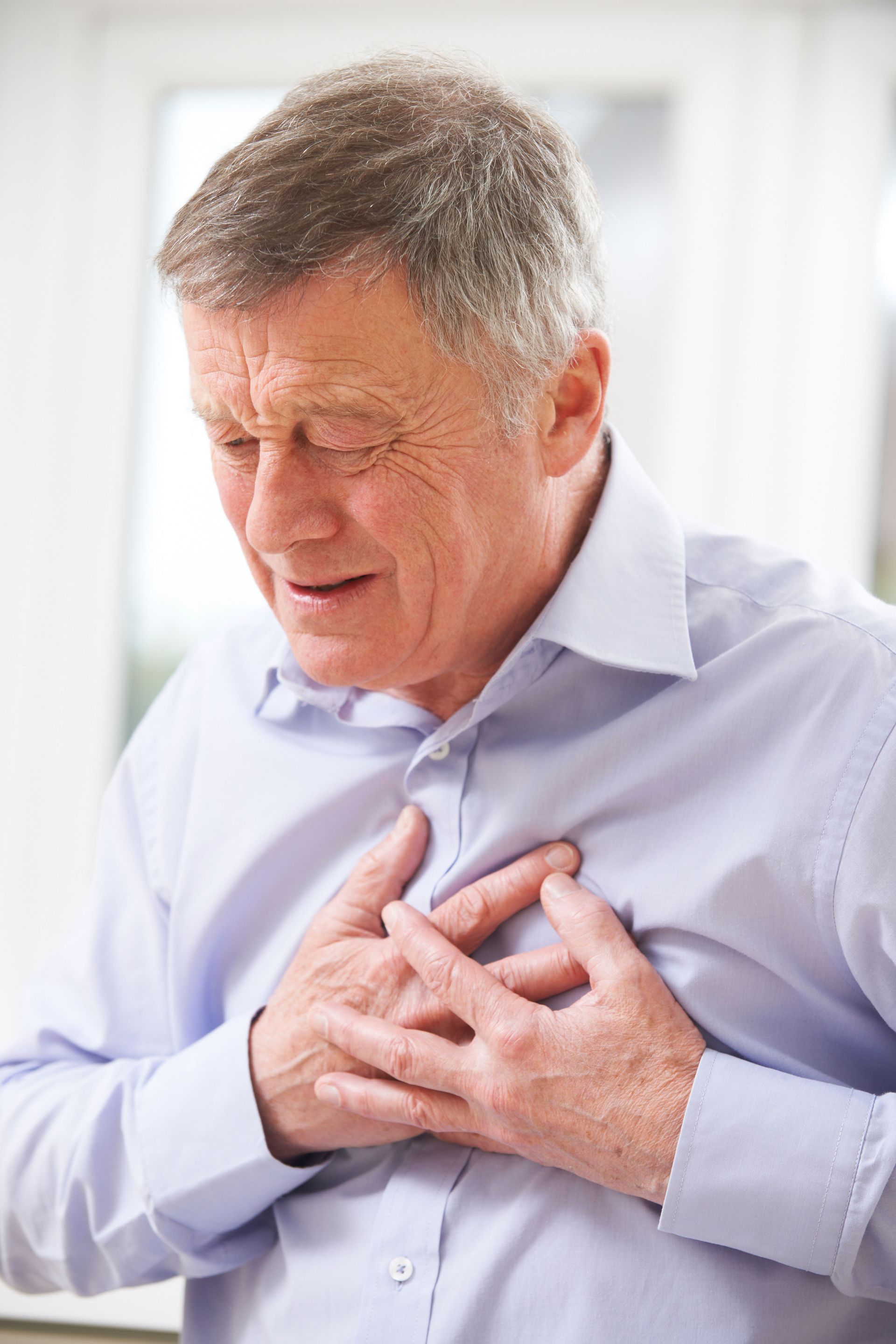
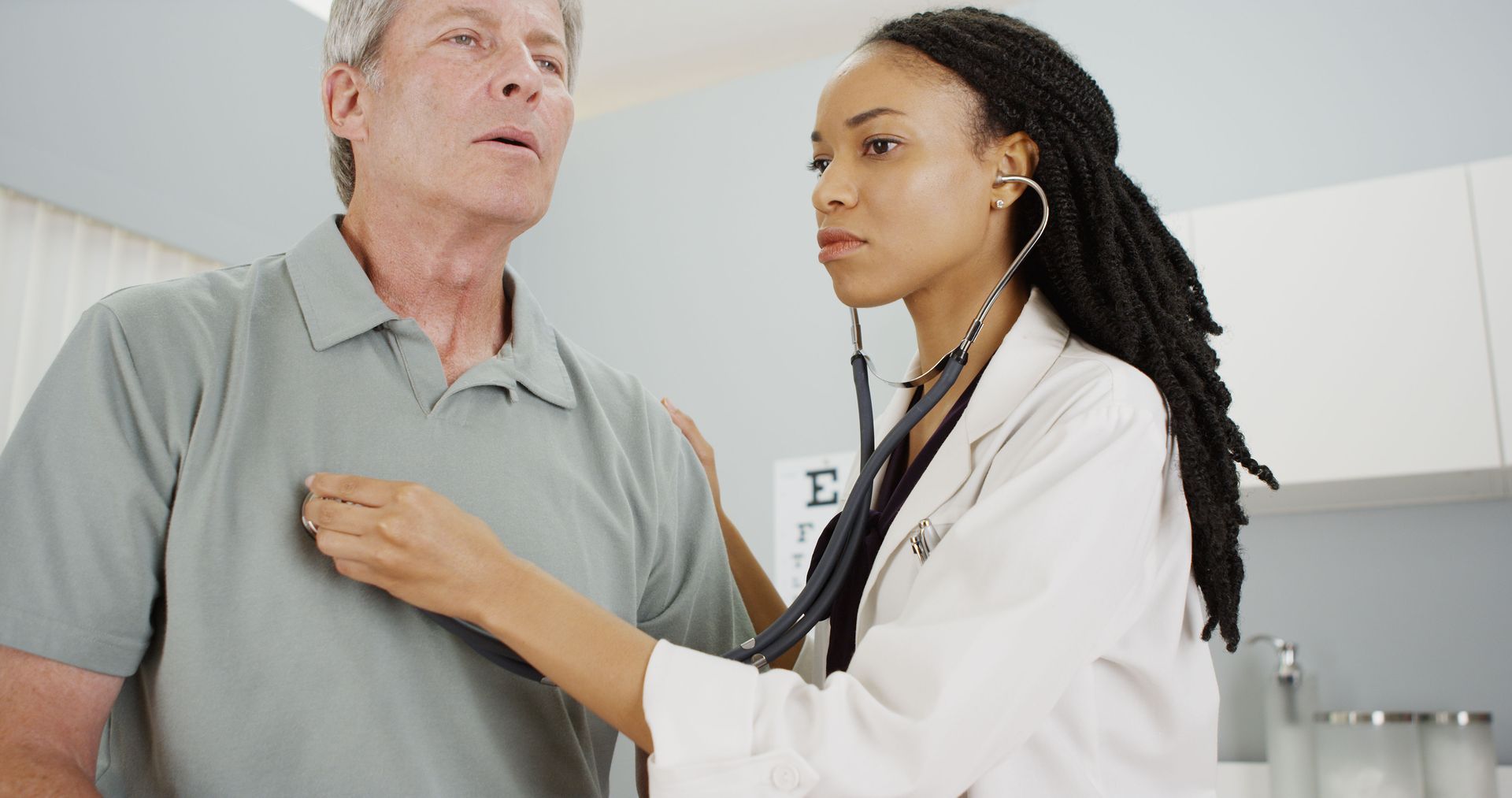
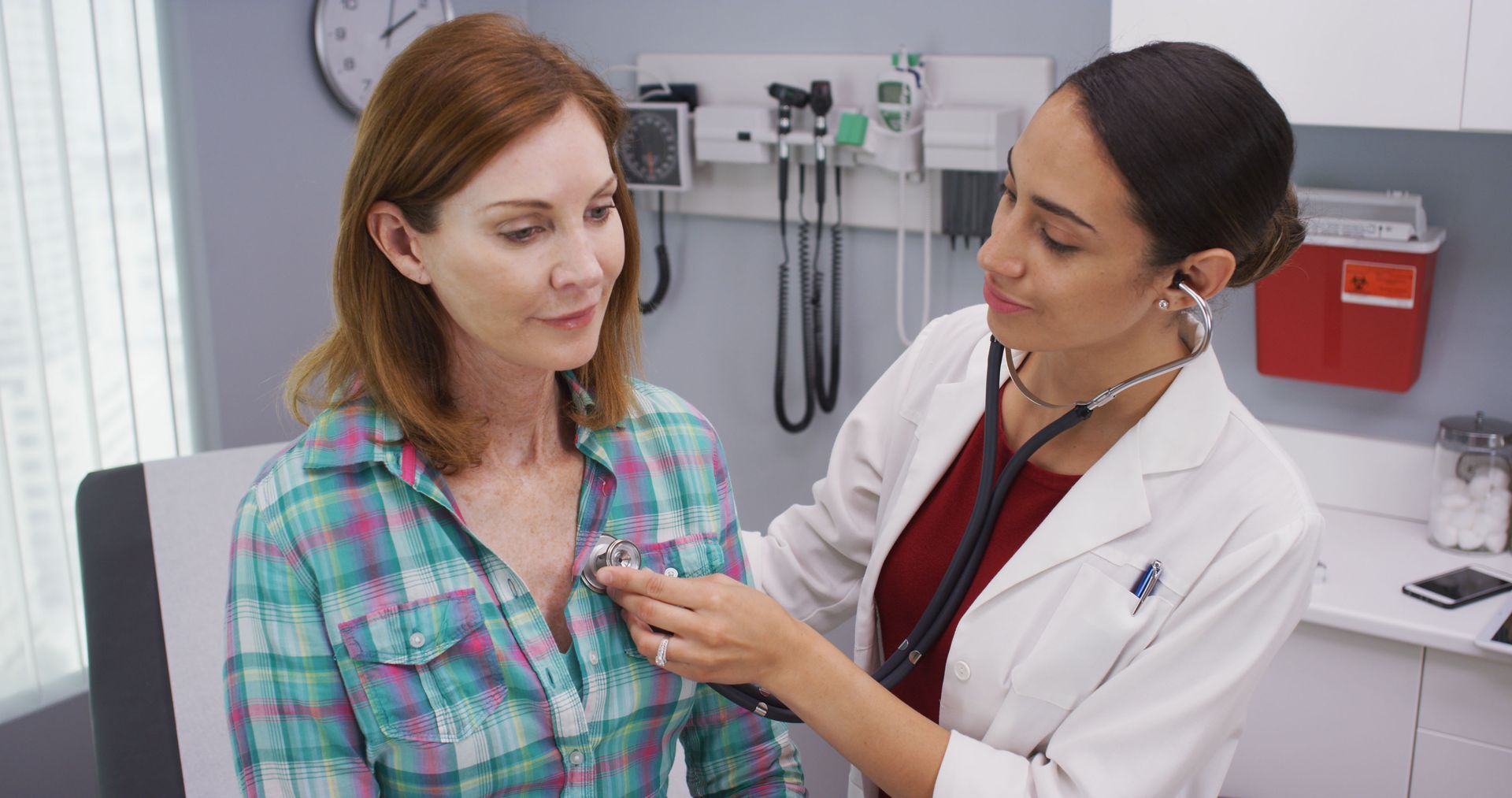
Share On: